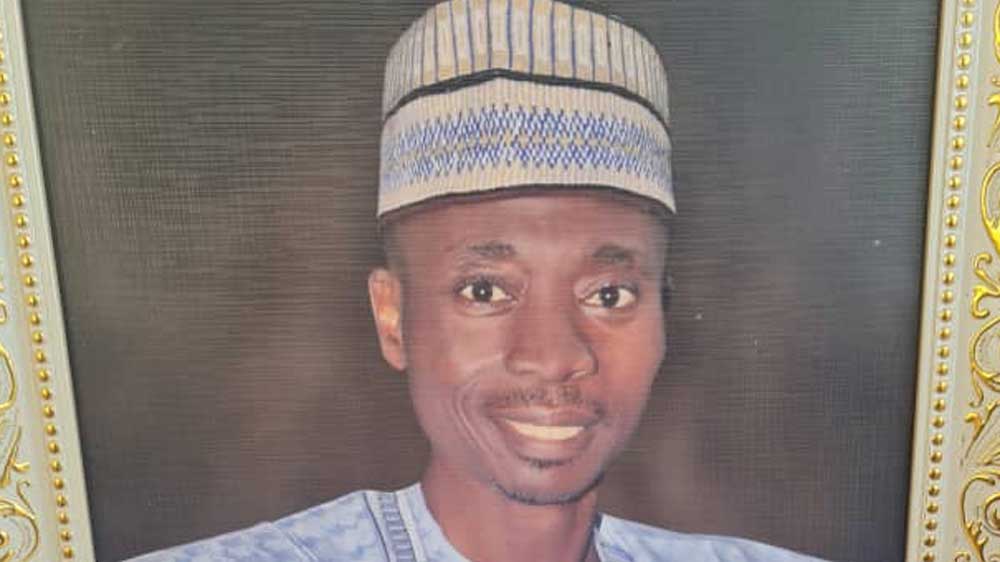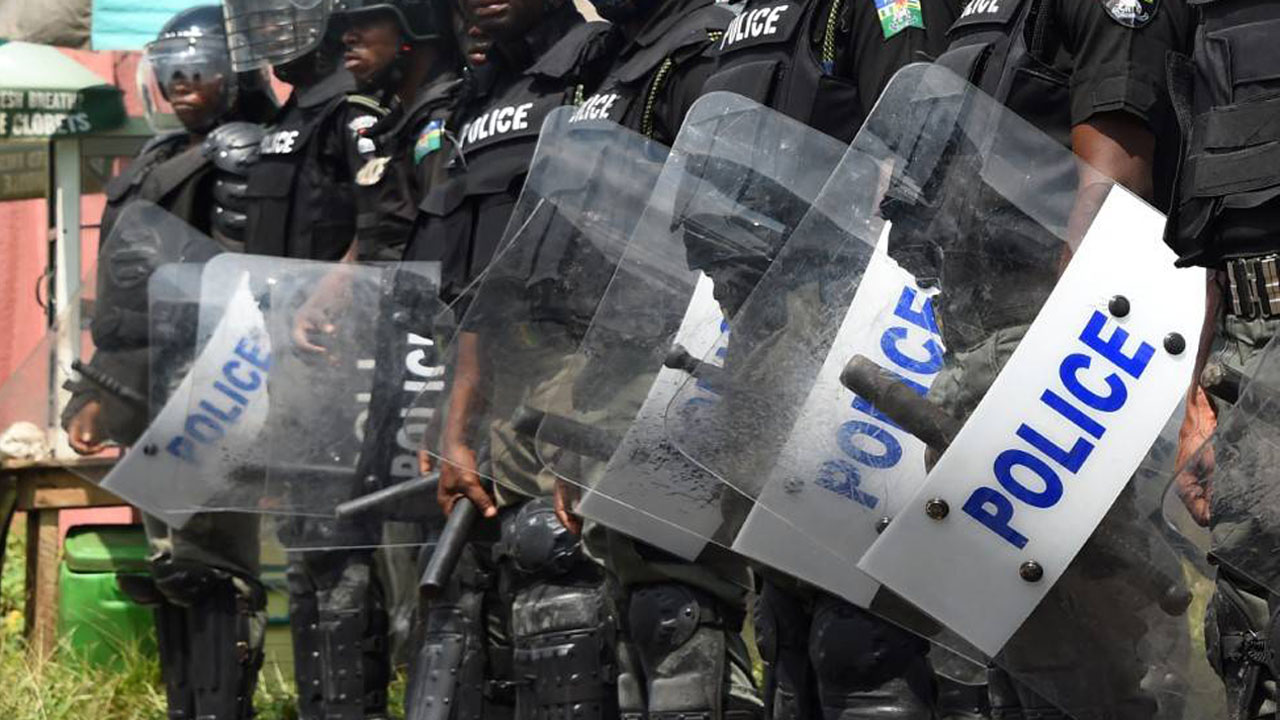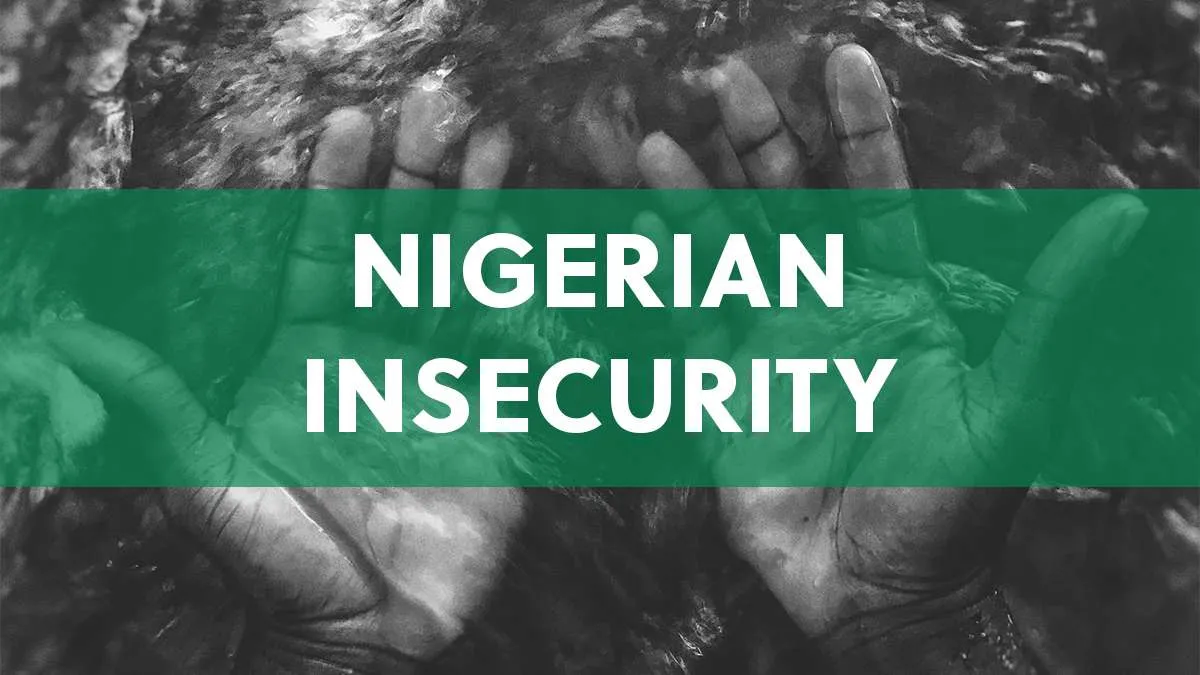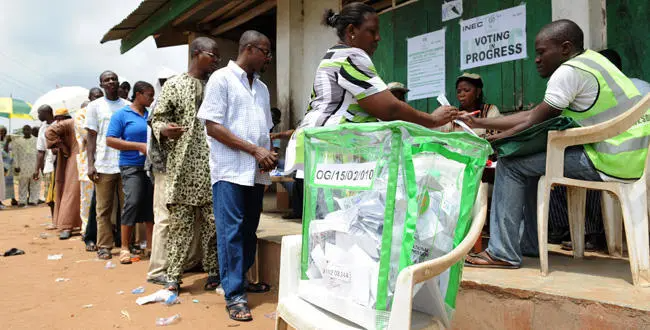
It is still fitting as I promised last week “to continue with the remarkable legacy of Musa Baba-Panya even as we plead with the outgoing President Buhari to nominate an Abuja indigene to fill one of the two vacancies in his cabinet. When I mentioned the vacancy issue last week, it was only one (vacancy) but at the weekend, one other vacancy occurred when Timipre Silva, until last Friday, the Minister of State, Petroleum Resources resigned. As I was saying, the other vacancy occurred since August last year, when the Minister of State, Labour and Productivity, Mr. Festus Keyamo (SAN) joined the Bola Ahmed Tinubu’s Presidential Campaign Council. Incredibly, as it may sound, most of those who responded to the import of the first part of this tribute on Baba-Panya also reiterated the expediency of the plea to the out-going Mr. President to appoint an indigene of Abuja as a way of complying with the 2018 Court of Appeal judgment he can no longer appeal. As I noted last week, “that presidential gesture will be a fitting tribute to the memory of iconic Baba-Panya of the FCT” who fought for the slot for his people.
It will be recalled that before Buhari’s first cabinet was sworn in, in 2015, hundreds of protesters under the aegis of Coalition of Indigenous Inhabitants staged a protest over alleged marginalisation of the natives of Abuja, the nation’s capital by the Federal Government. The protesters, comprising youths, old women and men, drawn from the six Area Councils of Abuja, took the protest to the gate of the National Assembly, almost barricading the access road before the police repelled them. That protest in 2015, set another tone for Musa-Panya’s battle for the rights of his deprived people, the original inhabitants of the nation’s capital, Abuja.
The leader of the coalition then, Ezekiel Balatu was also quoted as saying that the FCT should be accorded a state status even as he argued that in the Nigerian Constitution, Federal Character principle and an Appeal Court judgment in the case of Okeyede vs FCTA supported their claim. “So we should have a minister like every other state,” he said.
Even the police then could not stop Balatu from adding that, “Also, we need a second tier government that will cater for the needs of the indigenes. Why we are here is because we don’t have our own House of Assembly. The National Assembly is our House of Assembly. It should not be. How can an Abaji resident in FCT reach Aso Rock Villa to complain? We should have a government that is closer to us, which is for the people and by the people. If our parents have endured this suffering for 39 years, we the younger generation are saying no….”
Mr. Balatu, however, said they were motivated to embark on the protest as a result of their belief in President Muhammadu Buhari. Another leader of the group, Yusuf Danlami of Abaji Area Council of Abuja said the protest was genuine and, “it is not that we are sponsored by anybody.” A week before the protest, the only Senator representing Abuja, Phillip Aduda, had raised an objection to the non-inclusion of any indigene of FCT in the ministerial list read by the Senate President, Senator Bukola Saraki but no action was taken by the Upper House. Sadly, the 9th session of the National Assembly, their (FCT) Assembly did not table the request of the natives for their legal rights.
When the natives got frustrated even by their representatives at the National Assembly, they headed for the ECOWAS Court based in Abuja too. They dragged the Federal Government of Nigeria to the ECOWAS Court over “political, social and economic developmental deprivation and marginalization.”
The inhabitants had in their affidavit to ECOWAS Court lamented, “continuous evacuation, demolitions of indigenous peoples of FCT Natives Houses, displacement of some indigenous communities of FCT original natives, grabs of their ancestral lands without legally due payments of adequate compensation or adequate resettlement.”
They also raised, “issues of land-grab, demolition of natives houses illegally, illegal arrest on the processes of demolition, ecological degradation/environmental remediation, non-development of satellite towns, marginalisation in appointments, non-compensation of compulsorily acquired lands, massive sacking of whole villages for the appropriation of their landed/natural resources by selfish politicians and their cronies in government.”
The inhabitants, therefore, sought certain order/reliefs including:
– A declaration that the applicants, as law abiding citizens, are entitled to right to life, freedom of movement, freedom of association, right to human dignity, right to integrity of their person, right to the security of their person, right not to be discriminated in their society, and right to guarantee their state status as citizens of Nigeria, FCT Abuja.
– A declaration that the applicants members who lost their lives, suffer illegal arrest, demolitions of their respective Houses in the FCT Abuja on the continuous violation of their Fundamental Rights are entitled to a compensation to the sum of (N2 trillion), which is general damage caused by the government, during recent and past administrations and payment of outstanding compensation balance due to indigenes of FCT made by the Federal Government. Unfortunately, till the present, no relief has come from the ECOWAS Court in Abuja.
Meanwhile, the only consolation the Abuja natives got in recent years was in 2014 when the then political conference organised by the Goodluck Jonathan administration recommended an elected Mayoralty for the Federal Capital Territory. The natives of Abuja had then commended the conference delegates for approving mayoral status, ministerial slot and compensation for FCT lands the Federal Government grabbed since 1976 without compensation.
Specifically, in July 2014, the natives of the Federal Capital Territory on the platform of Original Inhabitants Development Association of Abuja (OIDA) commended the National Conference for giving voice to the aspirations of Abuja natives through the approval of a Mayoral status for Abuja; One (1) Ministerial slot for FCT; Two (2) additional Federal Constituencies; Two (2) additional Area Councils; an FCT Commission for Indigenous People and asking the Federal Government to accelerate compensation for owners of seized lands in the nation’s capital.
A statement signed then by OIDA Media Adviser, Sumner Shagari Sambo stated that, “a democratically elected Mayor and Deputy Mayor will aid good governance and accountability to the FCT electorate unlike the present ministerial system that lacks transparency and accountability to the people. It will also put Nigeria on the global map as one of the countries with an elected Mayor that runs its capital city in accordance with democratic best practices.”
The FCT original inhabitants had added then that the recommendations of the General Ike Nwachukwu and Mohammed Kumalia led-committee on “Political Restructuring and Forms of Government” was in tandem with the natives’ desire for a democratic system that allows Abuja indigenous people and other Nigerians resident in the city to freely elect leaders that can be directly held accountable by them. I had then asked in an article on this page: “When will President Buhari implement the Court of Appeal’s significant judgment? There are useful lessons here from the strategy of the Abuja natives who have never spilled any resident’s blood in the name of massive land grab since 1976. We will continue with the lessons some day by His grace…”
Meanwhile, two weeks before the demise of Baba-Panya, specifically on February 8, 2023, while he was in hospital, there was a development on the long-drawn struggle for the rights of the natives when Abuja indigenes again dragged Buhari to court, demanding Governor, State Assembly seats.
According to court records, the natives are seeking N16 trillion as damages for exclusion from guber poll, failure to produce indigenous FCT minister, etc.
Here is the story as reported on February 9, 2023, “Indigenes of Abuja, the nation’s capital city, operating under the aegis of Abuja Original Inhabitants Youths Empowerment Organisation, AOIYEO, have dragged the Federal Government to court demanding establishment of a political structure similar to that of the 36 states of the federation.”
The youth wing of the original inhabitants of the Federal Capital Territory, in a statement, said they had already filed a suit to this effect, marked Suit No: FCT/HC/CV/85/2023 before the FCT High Court. The suit was filed on behalf of the organisation by The Registered Trustees of Abuja Original Inhabitants Youths Empowerment Organisation.
The suit is seeking a court to order the President and the National Assembly of the Federal Republic of Nigeria, to establish the Federal Capital Territory, Abuja, functionaries and political structure to enable the indigenes of the FCT Abuja to participate in elections akin to House of Assembly and governorship elections scheduled for March 11, 2023. Granting the order, the group said, would end the discrimination against the indigenes of the Federal Capital Territory.
The applicant filed the suit through their lawyer, James Egah Nadeye, Esq, of Ndeye Chambers, on February 6, 2023 in the High Court of justice of the Federal Capital Territory, Abuja seeking among other things, a declaration that Section 299 of the 1999 Constitution of the Federal Republic of Nigeria equates Federal Capital Territory, Abuja with a state in status, and a declaration that the failure of the Respondents to provide administrative units and political structure for the Federal Capital Territory, Abuja comprising a Legislative body and Executive body akin to House of Assembly of a State and Governor of a state amounts to constitutional breach and a flagrant violation of fundamental rights of the applicant and the entire indigenes of FCT, Abuja to freedom from discrimination, dignity of persons as enshrined in S.42 and 34 (I) of the 1999 Constitution of the Federal Republic of Nigeria (as amended) and Articles 2, 3, 5, 13, 19 and 20 of the African Charter on Human and Peoples’ Rights (Ratification and Enforcement)Act. Cap A9, Laws of the Federation of Nigeria, 2004.”
The applicant prayed the court to give an order “directing the respondents, particularly the 1st respondent to give effect to section 299, 301 and 302 of the 1999 Constitution of the Federal Republic of Nigeria and section 18(b) of the Federal Capital Territory Act Cap. F6, Laws of the Federation of Nigeria, 2004 to propose an executive bill or exercise his executive powers to establish for the Federal Capital Territory, Abuja an elective functionary executive body akin to the Governor of a state wherein citizens of Nigeria in particular, indigenes of the FCT, Abuja shall participate in elections to vote and stand to be voted into like their counterparts in the states of the federation on March 11, 2023 or any later date before the new democratic order on May 29, 2023 to end the discrimination against the indigenes of FCT Abuja.”
The applicant also prayed that the court grant an order “directing the respondents particularly, the 2nd respondent to give effect to sections 4(2) Sub-section (4) (b); Section 303 of the 1999 Constitution to embark on “accelerated passage of the bill” to create administrative units and political structure for Federal Capital Territory, Abuja to enable the indigenes of FCT Abuja to participate in elections akin to states House of Assembly and Governorship elections scheduled for March 11, 2023 or on any later date before the inauguration of a new democratic order on May 29, 2023 and thereby end the discrimination of the applicants and the indigenes of FCT, Abuja.”






